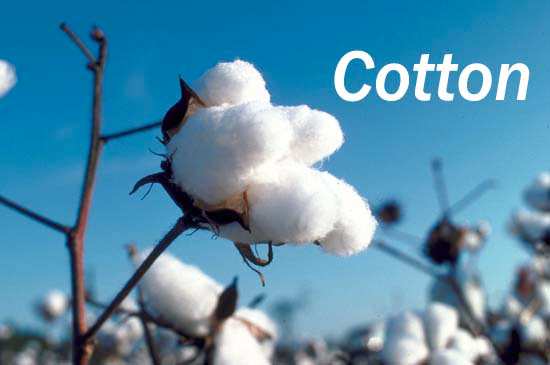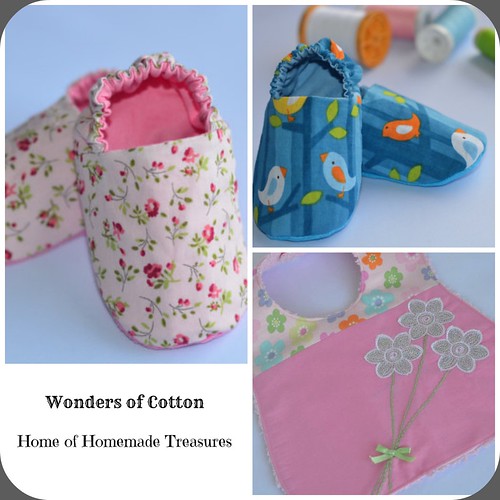 |
| Photo Credit |
I almost always use only 100% cotton fabrics for main fabrics for my kids and at my shop as I believe in cotton because it is natural and I am a believer of 'goodness comes from nature'. Cotton is a natural fiber that comes from the seedpod of the cotton plant and is used to make many fabric types. It is used for virtually every type of clothing; you name it, it has it. However, as it is stated here, most of its
apparel usage is for men and boys’ clothing.
 |
| some cotton products by MADE BY Y |
It is stated here that no other fiber comes close to duplicating all of the desirable characteristics combined in cotton. Cotton can be woven or knit into cloth.
%100 cotton fabrics are breathable. They do not trap the air and allow the skin to breathe. They are smooth and cool which is important for the prevention of overheating. Cotton is very absorbent therefore, it will absorb moist and sweat easily (it evaporates; releases the moist on the surface of the fabric) In fact, as it is claimed here, it absorbs up to 27 times its own weight in water. It is non-irritating. Regardless of the heat or the humidity, cotton fabrics feel good against the skin. Cotton is comfortable. Unlike some synthetic fabrics, cotton fabrics do not rub against the skin, which is bad for eczema as well.
Additionally, cotton is easy to clean. It can be laundered or dry-cleaned (just be wary of the colours and other chemicals that may be added to certain cotton fabrics though). As a general rule, cotton can be boiled, therefore sterilised. As a fabric, cotton is normally durable and strong.
Last but not least, here are some great tips by sewing.org on how to look for a good quality cotton fabric for you:
- look for closely woven fabric with long, 1/2"fibers and even yarns.
- Scrape the fabric with your finger nail, if the threads separate, the fabric won’t wear well.
- To check the fiber length, pull a thread from the fabric and untwist it; if the fibers are at least 1/2"long, the fabric will wear well.
- Rub two fabric scraps together to see if the fabric pills.
- To check for colorfastness, rub the colored fabric with a piece of white fabric; no dye should come off on the white fabric.
Enjoy something natural today!

2 comments:
My youngest has eczema this is great info and the tips on how to check the durability are awesome thanks for sharing.
I hope your little one grows out of it soon Mel. There is so much more you can do to help manage eczema (I am sure you are already aware of most if not all) but let me just point out a few things that come to mind right now (also, I gave a link to some eczema related articles in my post as well, you may find them useful too):
1) 100% cotton clothing, bedding sheets etc.
2) Soap-free handwash/bodywash/shampoo
3) Cold as opposed to hot (water, room temperature etc)
4) Low acidic foods and drinks (tomatoes, oranges, lemons etc are high in acid)
5) Moisturised skin
6) Don't let the skin to stay wet after washing hands/bath etc
7) Use sensitive skin cleaning agents to clean his/her clothes/bed sheets with
As for the tips on choosing the right fabric, I totally agree with you. They are just great!
Post a Comment
I love comments. Thank you for leaving one!